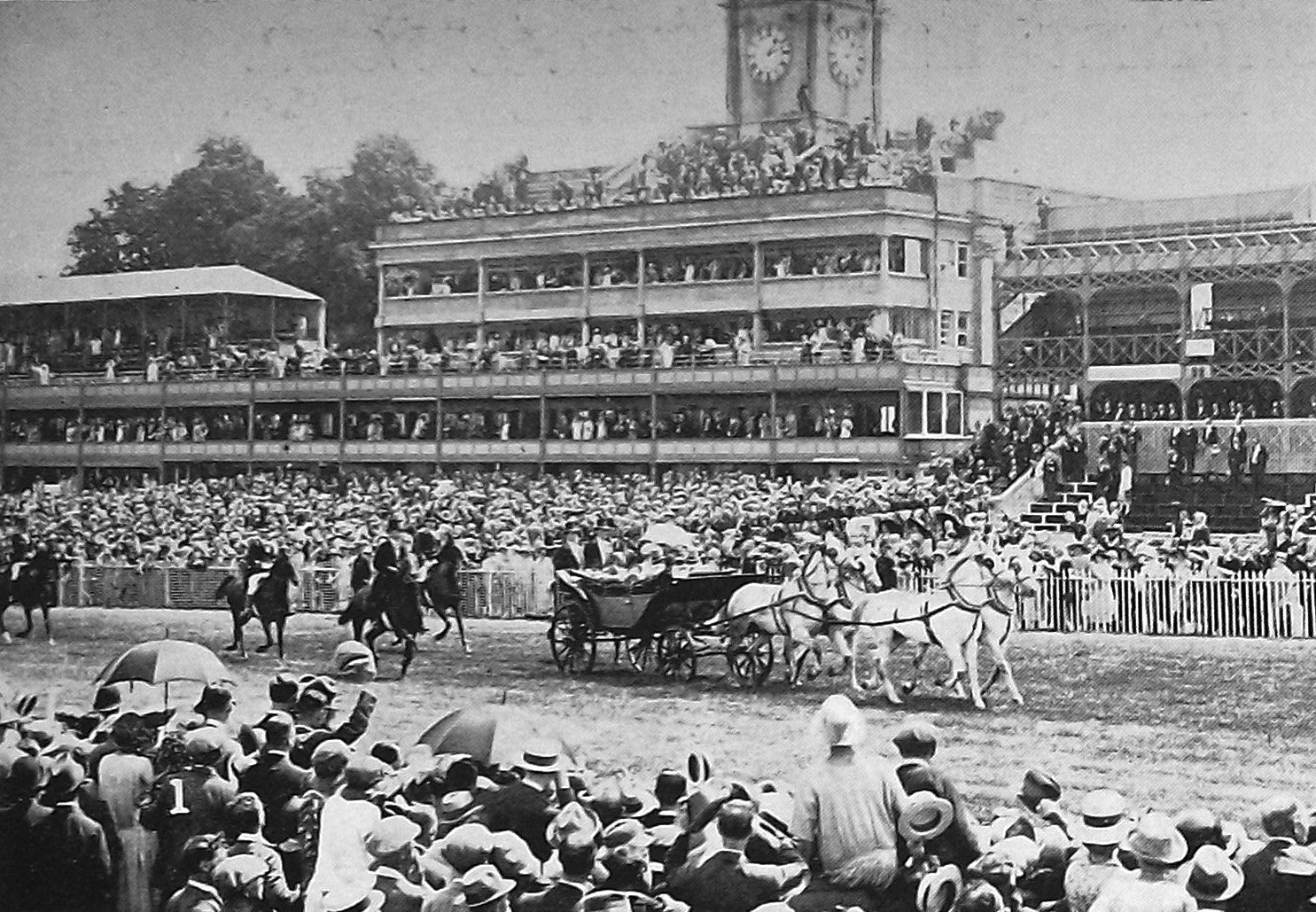

One big school
Consolidation in its application to rural education means the substitution of one central school, of suitable dimensions and conveniently situated, for a number of small schools. It implies concentration of effort in meeting the educational requirements of the district that is affected. In New Zealand the proportion of small schools is large. There are some 20,000 children on the rolls of sole-teacher schools with an attendance not exceeding thirty-five at any one of them. It has often been pointed out that the children attending such schools cannot receive in a general way the educational advantages enjoyed by the pupils who are able to attend the larger and undoubtedly more efficient schools. The small schools in remote districts do not attract the best teachers, and often the work of education must be carried on in them in circumstances of considerable difficulty. The validity of the argument that one good school would serve the educational requirements of a country district better than half a dozen small and relatively inefficient ones, provided there were no insuperable difficulties in conveying to it all the pupils to be considered, has never been seriously questioned. It is a fair contention that in the country districts the best educational facilities possible should be given in order to make up to some extent for such disadvantages as the country children labour under in comparison with children in the cities. Aspersions cast on trams— editorial
A plaintive wail comes from a few residents of City road, Roslyn, where the electric trams clatter musically by on their way to Maori Hill. These folk declare that the vibration sets their crockery careering off the shelves, the pictures plunging off the walls, and the chandeliers shaking in a most alarming manner, and in their hasty anger they even go so far as to cast reflections upon the trams and their ancestors.
Conflicting evidence
After graphically describing the muddiness of a street in which he was residing, a member of a deputation that waited on the St Kilda Borough Council last evening was surprised when a councillor drew attention to the deputationist’s boots —they were clean and shiny.
PO hours threaten Port peace
The Port Chalmers Council meeting last night was of a very friendly nature. Discussions proceeded harmoniously, and the only matter that threatened fireworks was the refusal of the Postmaster-General to alter the curtailed hours at the local Post Office. — ODT, 23.6.1925
Compiled by Peter Dowden












